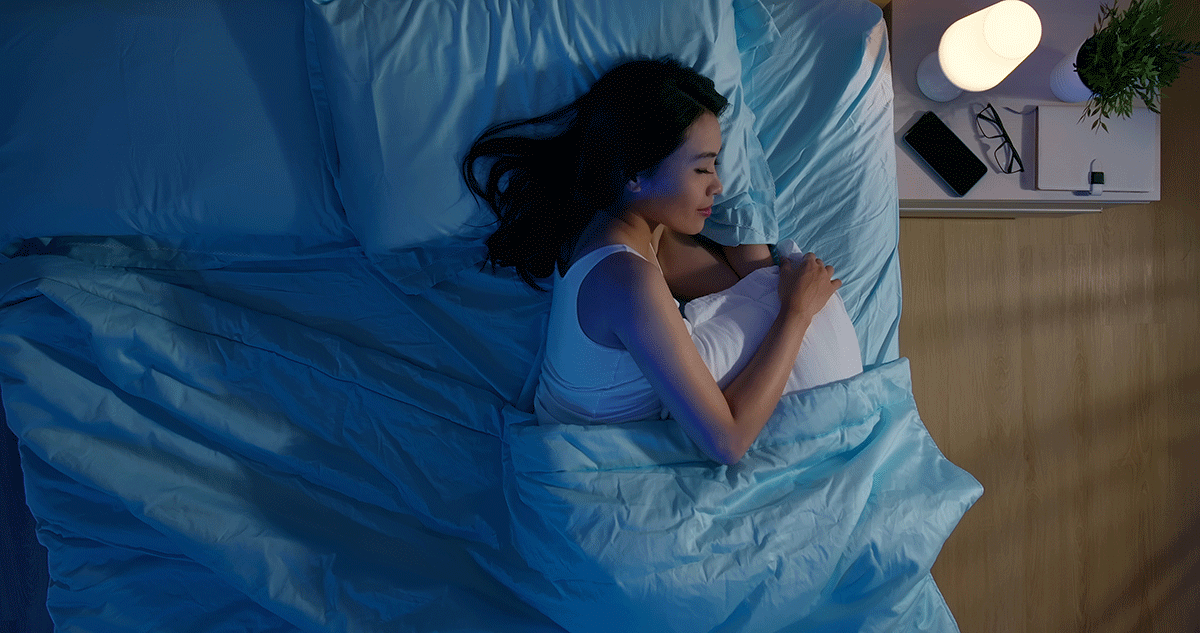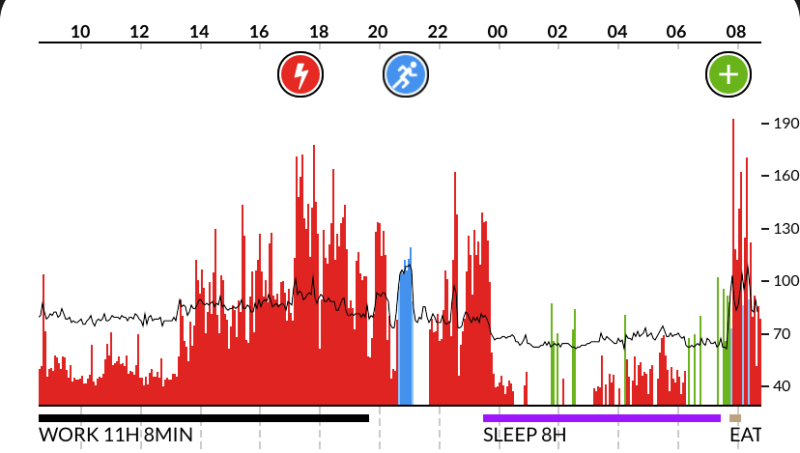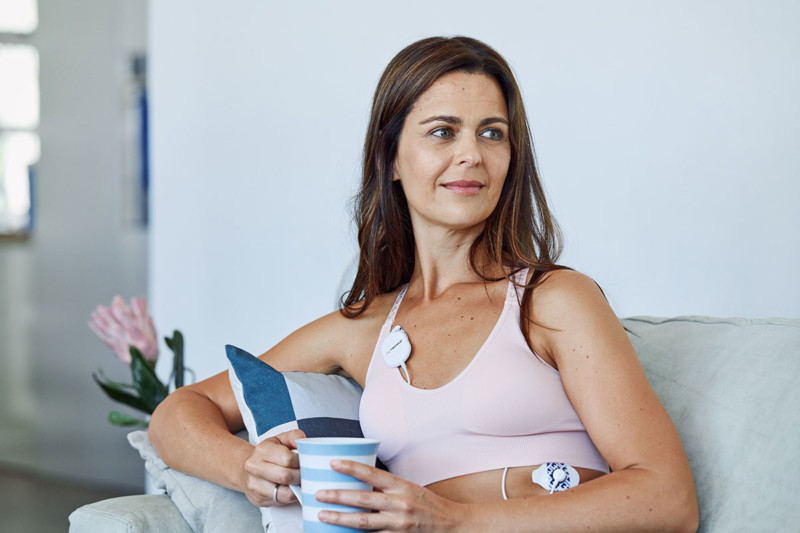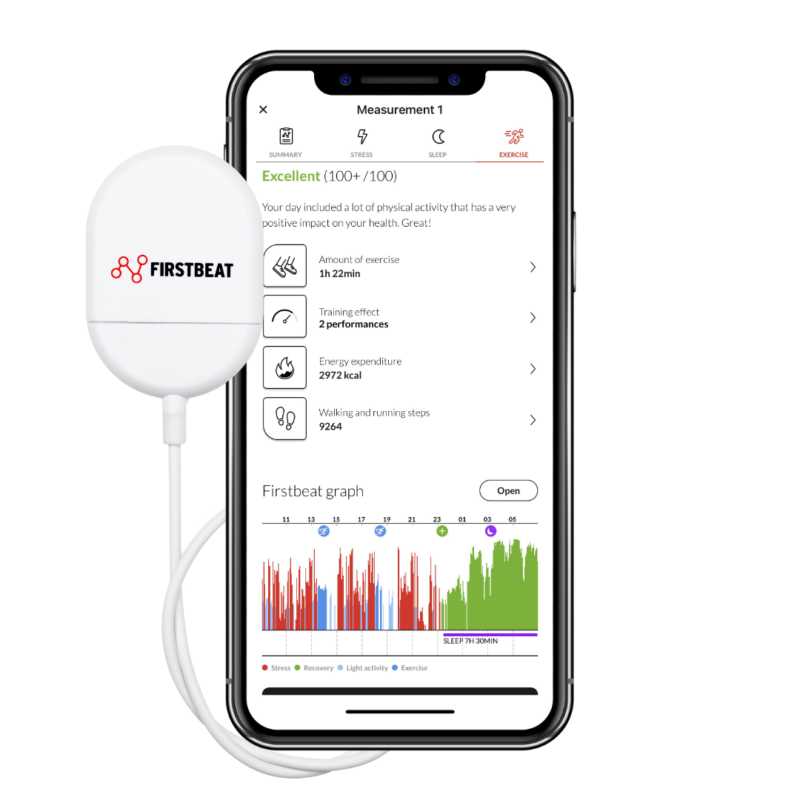
In March we celebrate healthy sleep because it is international sleep month and sleep awareness month – and today is World Sleep Day. A good time to spend a few minutes gauging your current sleep habits and seeing if you could identify a few new tricks to promote better sleep.
The health and wellness benefits of sleep are supported by so much evidence that we cannot leave sleep to chance. At the same time, we need to understand that we are not all created equal when it comes to sleep. Everyone needs to find out what works for them. This blog from a few years ago is a good summary of my thoughts on sleep.
In today’s blog, I will focus on the interconnections between hormones, the circadian rhythm (physical, mental, and behavioral changes that follow a 24-hour cycle) and physical activity habits – and why they are at the heart of the physiology of sleep. Understanding this makes it easier to structure our days in a way that supports good restorative sleep.
Make Your Hormones Work for You – Pay Attention to Your Activity Patterns
Let’s first look at “day and sleep hormones”. Ideally, the secretion of melatonin, our body’s sleep hormone, kicks in towards the evening when it gets dark, and the circadian rhythm suggests that it’s time to go to sleep. A healthy melatonin response promotes sleepiness and helps us stay asleep. Melatonin should stay elevated for several hours and then start dropping towards the morning (golden line in Picture 1.; image on the left) to make waking up easier.

Picture 1. The image on the left shows an ideal pattern of day and sleep hormones. On the right, the hormonal cycle is mixed up, making falling and staying asleep and waking up difficult.
Cortisol (stress hormone) represents day hormones. It’s the counterforce of melatonin needed during the day to stay alert and deal with stressors. Supported by a healthy circadian rhythm, cortisol level should drop in the evening, stay low during sleep, and increase towards the morning (red line in Picture 1., image on the left) to help us wake up energized.
Our physical activity habits can affect the hormonal cycle. If we are very busy in the evening, exercising and doing active tasks, cortisol can stay high and block the secretion of melatonin. The same can occur if we experience a lot of mental stress in the evening.
The graph on the right (Picture 1.) illustrates this: hormone levels at bedtime are opposite of what they should be, making falling asleep difficult. Firstbeat data is often used to highlight the importance of slowing down in the hours before bed – to lower the heart rate and stress levels and make it easier to fall asleep. The graphs in Picture 1. provide additional background on the physiological importance of this – how to allow the body’s natural hormonal cycle to work for us instead of against us.
Too Much (Or Too Little) Daylight Can Get in the Way of a Healthy Hormone Response
The secretion of melatonin is hindered not only by excessive evening activity, but also, for example, by alcohol or bright lights (especially blue light from devices). Now that we are heading towards the summer, with a lot of daylight especially here in the north, a concrete way to support the natural light-dark cycle is gradually dim the lights in the hours before bed, prevent sunshine from streaming in when you should be getting sleepy, and make sure your bedroom is dark. During the darker months, the challenge is opposite: you should get as much daylight as possible during the day, and maybe use some light therapy in the morning to make waking up easier when it’s pitch dark outside.
One of the best-known ways to ease jetlag is make sure you stay active and get some daylight during the initial days in the new time zone. This helps switch your body’s circadian rhythm to the new time. The same principle applies to everyday life. The brain gets the right messages from daylight and activity during the day, as well as from darkness during the night – and as a result, can ration melatonin and cortisol appropriately.
Case: IT Worker Struggling With Sleep
John is an IT pro who has trouble falling asleep and often feels tired. He works on his computer from 8 am to 5-6 pm, mainly from the home office, with very little movement.
After work, he often takes a nap and eats dinner, before heading to the gym to exercise around 7:30-8:30 pm. Afterwards, he plays computer games and eats a snack. He tries to go to bed before midnight but doesn’t really get sleepy until about 1 am.
A physically passive day, followed by evening exercise can boost his cortisol levels in the evening, which tends to block natural melatonin secretion. Bright lights (at the gym, during video games) can also work against an ideal melatonin response. When cortisol is high and melatonin low at bedtime, it can be hard to fall asleep.
What could John do to make the hormones work for him?
- Take a 20-min walk midday to get some daylight and light activity
- Take a few short stretching or relaxation breaks during the day
- Try switching the exercise to 1-2h earlier in the evening.
- Dim lights & close curtains in the evening and avoid stimulating video games 1-2h before bed. Try to watch TV, read, or listen to music instead.
- Try a different eating rhythm: snack before exercise and dinner afterwards to promote recovery from exercise and avoid going to bed hungry.

Picture 2. Firstbeat Life data shows nonstop stress all day, with no recovery (green) or light activity (blue) during a long workday, followed by exercise after 8 pm. As a result, activation level stays high during sleep, with poor recovery. Adding some light activity to the day, exercising earlier, and planning a calm evening routine can promote a sleep-supporting hormone response and make it easier to get restorative sleep.
Taking the Right Steps Towards Better Sleep
The cyclical variation of day and sleep hormones, supported by the circadian rhythm, daylight and darkness, our lifestyle, and daily behaviors, can make it easier to fall asleep, stay asleep and wake up energized in the morning. These hormones are like the body’s natural sleep medicine, but if we don’t pay attention, it’s quite easy to mess up their optimal rationing.
Being aware of our body’s physiological responses and doing what we can to support healthy hormonal patterns, we can be better prepared for sleep when it’s time for sleep, and for staying alert when it’s time for that. Great sleep is still not a guarantee, but awareness and small steps in the right direction can get you much closer to the goal.
Accurate physiological data allows you to understand your clients’ wellness status and identify potential health risks and make better coaching decisions. Learn more about Firstbeat Life.
If you liked this article, you should subscribe to our newsletter.
You might also be interested in

Measuring Stress to Improve Wellness and Performance
Stress used to be a clear concept with vague implications. We’ve all felt it, and too much of it can harm our health. Still, many wonder what can be done….

Stress Awareness: What Is Stress and How Can You Manage It?
Stress – a physiological response we often try to avoid. But however much we try, we all experience it in some form as it is very much needed to succeed…

Measure Your Stress and Recovery Levels More Accurately – Updated Firstbeat Life Analytics Promote Health and Well-Being
Firstbeat Life is the most advanced technology for balancing stress and recovery. The measurement data provided by the service helps to understand one’s own reactions and resources with science-backed confidence….

